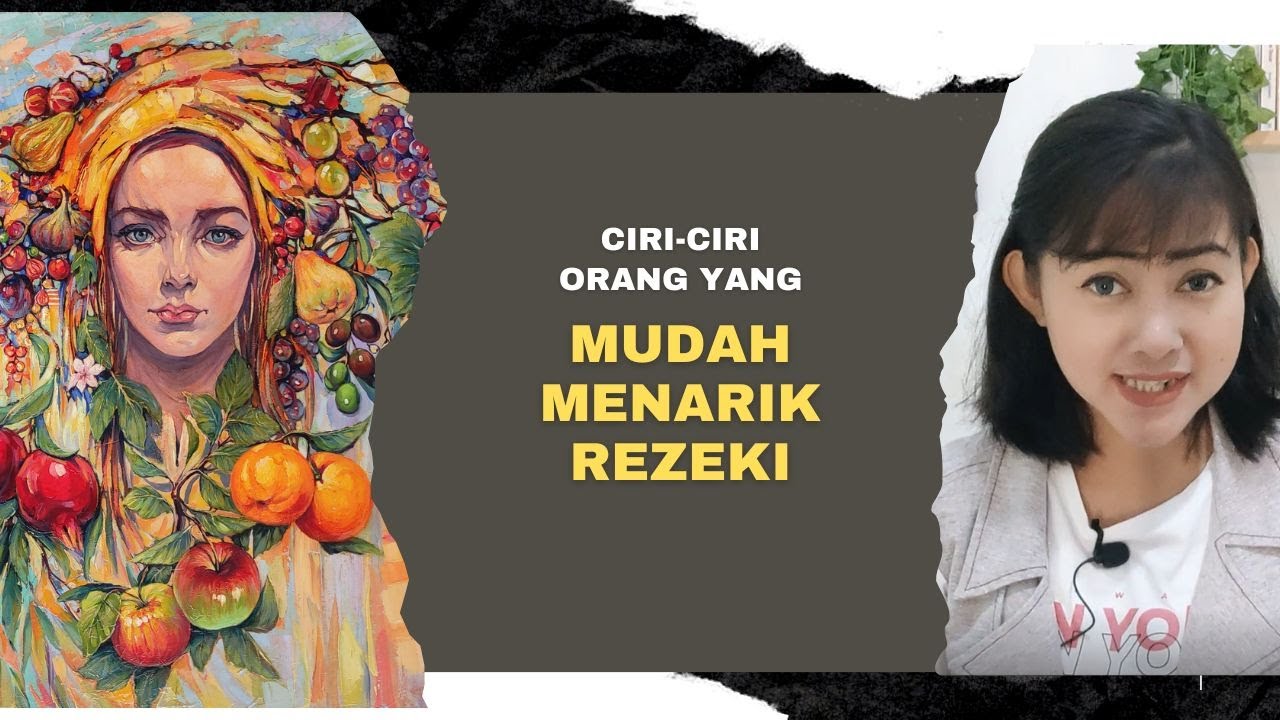The Growth Mindset
Summary
TLDRIn this interview, Carol Dweck, the originator of the 'growth mindset' concept, discusses its significance in education. She explains that a growth mindset, where students believe their abilities can develop, leads to better academic performance compared to a fixed mindset. Dweck's research shows that praising effort and learning strategies over innate intelligence encourages children to embrace challenges and learn from mistakes, fostering neural growth in the brain.
Takeaways
- 📚 Historical literacy rates were much lower than today's, highlighting how our predictions about capabilities can be vastly underestimated.
- 🌟 Carol Dweck is a renowned psychologist known for her work on mindsets, influencing educational platforms like Khan Academy.
- 💡 The concept of a 'growth mindset' is central to Dweck's work, emphasizing the belief that abilities can be developed over time.
- 🧠 Science supports the idea that the brain grows stronger with effort and struggle, forming new neural connections.
- 📈 Studies show that students with a growth mindset achieve higher grades, indicating a direct link between mindset and academic success.
- 🏆 Praising effort and process over innate intelligence encourages a growth mindset and a willingness to embrace challenges.
- 🚫 Kids praised for intelligence may avoid challenges, fearing that difficulty signals a lack of ability.
- 👨👩👧👦 Parents and educators play a crucial role in fostering a growth mindset by focusing on the process of learning, not just the outcome.
- 🤝 Collaboration with Khan Academy has shown that integrating growth mindset messages can improve student performance in math.
- 🧐 Viewing mistakes as opportunities for learning, rather than failures, is a key component of developing a growth mindset.
Q & A
What was the literacy rate 400 years ago according to the transcript?
-The literacy rate was about 15%.
What might people from 400 years ago have estimated the literacy rate to be?
-They might have estimated it to be around 20% to 25%.
What is the current literacy rate mentioned in the transcript?
-It is stated that 99.99% of the population is capable of reading today.
Who is Carol Dweck and how is she connected to the transcript?
-Carol Dweck is a psychologist known for her work on mindsets and is one of the interviewee's personal heroes. She has significantly influenced the work at Khan Academy.
What is the 'growth mindset' concept introduced in the transcript?
-A growth mindset is the belief that one's abilities can be developed through dedication and effort.
What is the opposite of a growth mindset?
-The opposite of a growth mindset is a fixed mindset, where individuals believe their abilities are unchangeable.
How does the brain respond to struggles according to the transcript?
-The brain grows stronger as neural connections form when individuals struggle and learn from their challenges.
What is the relationship between a growth mindset and academic performance?
-Children with a growth mindset tend to get higher grades because they engage deeply and effectively in the learning process.
What happens when children are praised for their intelligence rather than their effort?
-Praising intelligence can lead to children avoiding challenges and not wanting to work hard, which can hinder their learning process.
What should parents praise in their children to foster a growth mindset?
-Parents should praise their children's hard work, strategies, ideas, focus, and perseverance to encourage a growth mindset.
What was the impact of inserting growth mindset statements before math problems?
-Inserting growth mindset statements before math problems led to children performing better in their tasks.
How should individuals view their mistakes according to the transcript?
-Mistakes should be viewed as interesting opportunities for learning and exploration, rather than something to be ashamed of.
What happens in the brain when individuals embrace their mistakes and struggle?
-Embracing mistakes and struggling leads to the formation of new neural connections, which results in the physical growth of the brain.
Outlines

此内容仅限付费用户访问。 请升级后访问。
立即升级Mindmap

此内容仅限付费用户访问。 请升级后访问。
立即升级Keywords

此内容仅限付费用户访问。 请升级后访问。
立即升级Highlights

此内容仅限付费用户访问。 请升级后访问。
立即升级Transcripts

此内容仅限付费用户访问。 请升级后访问。
立即升级浏览更多相关视频

The power of yet | Carol S Dweck | TEDxNorrköping

Growth Mindset Introduction: What it is, How it Works, and Why it Matters

Mindset - Carol Dweck | अपने Mindset को Change करना सीखो | Summary By Book Insider

How Feedback Affects Performance - Andrew Huberman - Growth Mindset

Apa sih Growth Mindset itu? Pentingnya untuk pengembangan diri

MILIKI SIFAT INI AGAR HIDUP JADI "KEBERLIMPAHAN"
5.0 / 5 (0 votes)
